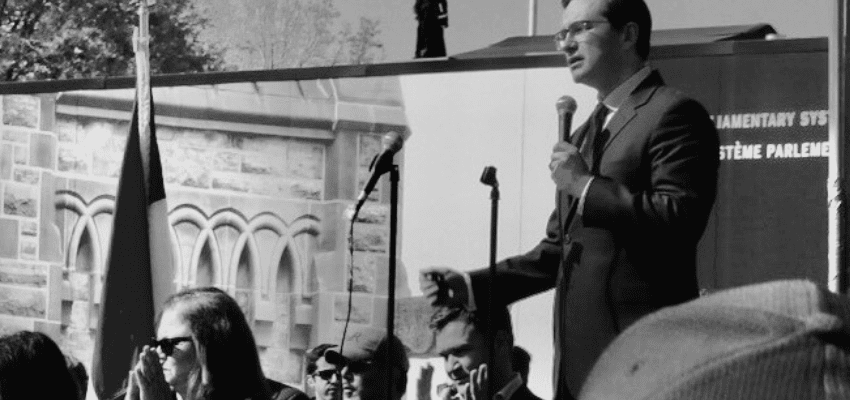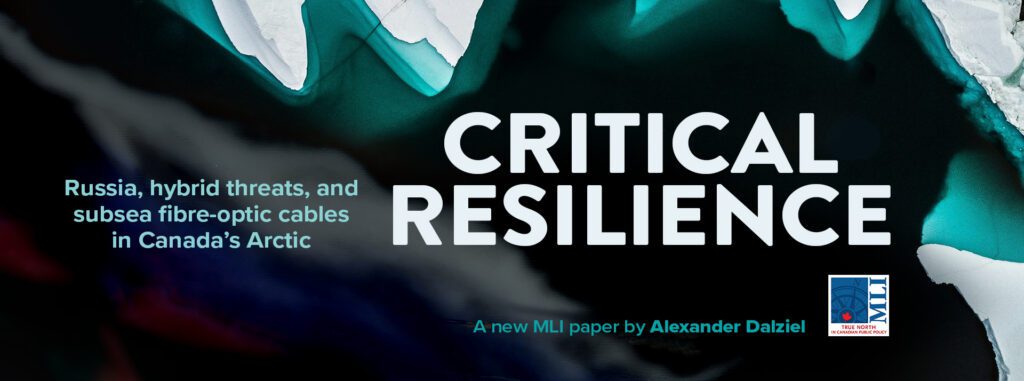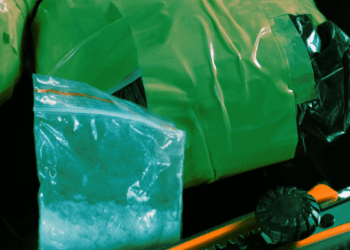By J.L. Granatstein, July 22, 2024
Roland Paris has not been known as a hawk. The University of Ottawa professor, a former advisor to Prime Minister Justin Trudeau on global affairs and defence, got on well enough with Canada’s leader, presumably offering advice that the prime minister liked.
But now, as the world gets more dangerous day by day, Paris has toughened up. “Canada must awaken from its long comfortable slumber,” he wrote in the Globe and Mail on July 12. “The threat is serious,” he wrote, and Canadians must prepare to fight in a large-scale modern conflict even though the price of rebuilding our military will be “enormous.”
Few in Canada will think that Trudeau would accept his former advisor’s comments as fact. He told NATO that Canada will meet its 2-percent-of-GDP pledge by 2032, eight years hence, and likely long after he has been returned to private life. At the same time, he told NATO that Canada is beginning a process to consider possibly acquiring up to a dozen submarines – some day. That unfortunately is the way Trudeau speaks about doing more for Canadian defence – it’s always eight or ten or twenty years down the road.
And Canadians are tired of this. Recent polling by Nanos Research suggested that while 3 percent believe that Canada’s international reputation has improved in the last year, 39 percent differ. And Bloomberg News Canada’s polling says that six in ten Canadians are prepared to see cuts in spending on social programs or even to pay higher taxes to ensure that their nation meets the NATO threshold of 2 percent of GDP on defence. This is a remarkable sea change in public opinion, and it strongly suggests that the public is unhappy at watching Canada be repeatedly embarrassed by Trudeau’s waffling on defence.
This should be an opportunity for the Conservatives. With public opinion already running against the Liberals on a host of issues, why not offer a defence policy that appeals to the 6-in-10 Canadians who want higher defence spending? Why not indeed?
Pierre Poilievre, however, was at the Calgary Stampede earlier this month and he stated that he would not commit to meeting the NATO standard, suggesting that a government he led might not be able to afford it. “I make promises that I can keep and right now we are, our country, is broke. I am inheriting a dumpster fire when it comes to the budget.” A Conservative government, he continued, would “buy equipment based on best value, to make our money go further.” He added that he would replace the Canadian Armed Forces’ “woke culture with a warrior culture” that would boost recruitment.
Those comments annoyed Jen Gerson of The Line online news site. “We aren’t broke,” she argued, and the nation’s fiscal position is “relatively robust” compared to many NATO allies that are hitting the 2 percent target. “So, frankly, Mr. Poilievre, you need a much better talking point. One that reeks less of manure, if you will.” Ouch. Gerson was dead right. The Tories need a defence policy, one that tells voters how they plan to fix Canada’s broken military.
If I was Poilievre, my first two priorities would be to fix the Canadian Armed Forces’ recruiting and procurement systems. The military simply cannot get its act together to screen recruits fast enough. It could enlist men and women before completing their security checks – there are no secrets in basic training – and then weed out problems when uncovered.
As for procurement, there are currently three government departments involved; instead, Poilievre should create a Minister for Defence Procurement with the power to handle defence purchases. Enough with taking two decades to approve a new pistol.
With those hurdles cleared, then the CAF might get submarines, jet fighters, armoured vehicles, and trucks quicker and have the soldiers, sailors, and aircrew to man them. Such changes could get us to 2 percent much faster than Trudeau’s guesstimate of 2032.
But perhaps there is hope. At the Stampede, Poilievre also said that “We’ll recognize that our freedom, while it was rooted in an 800-year-old tradition that started with the Magna Carta and was passed down from one generation to another, depends on a strong national defence.”
He was right in saying that. Canadians are not by nature warriors, but when there are threats to our freedom, they rise to the occasion as they did in the two world wars of the last century and most recently in Afghanistan.
They will fight, and they will pay higher taxes when necessary to remain a free democratic state. As Roland Paris and many others have said, “the threat is serious.” It’s time to act, and Poilievre should tell us what he will do if he becomes prime minister.
J.L. Granatstein taught Canadian history, was Director and CEO of the Canadian War Museum, and writes on military and political history. A member of MLI’s Research Advisory Board, Granatstein’s most recent book is Canada’s Army: Waging War and Keeping the Peace (3rd edition).







